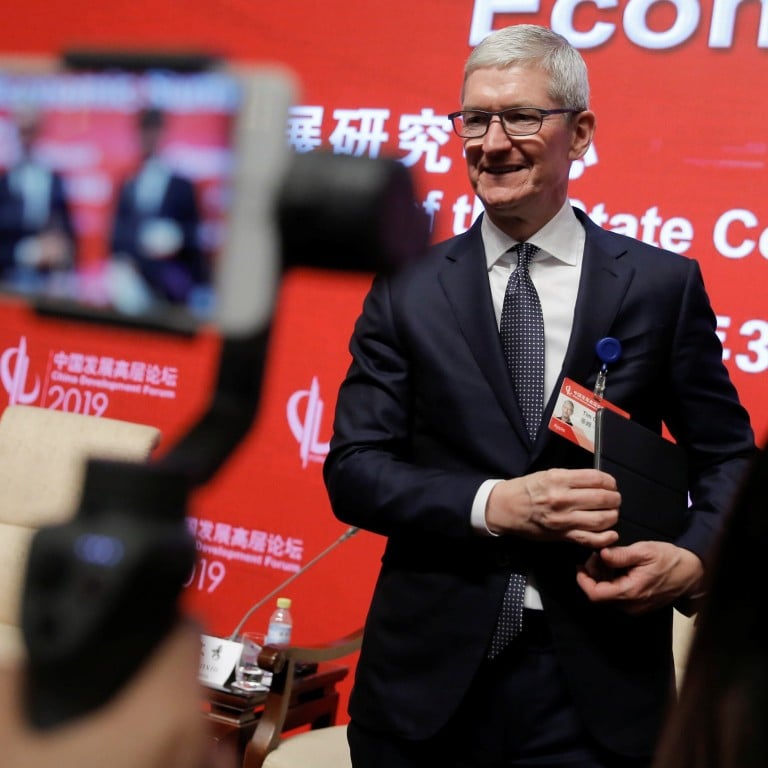
China’s president turns on charm with global business leaders, vowing ‘opportunities’ as nation opens its doors wider
- Xi Jinping speaks directly to heavyweight business entrepreneurs and invites feedback on economic development
- Comments to international business community come amid concerns that US-China relations could remain rocky under US President-elect Joe Biden
Chinese President Xi Jinping has undertaken a new charm offensive aimed at global business leaders, in a push to instil confidence and cultivate a sense of greater certainty amid a fast-changing international environment.
“China will integrate itself into the global market more actively to share development opportunities and continue to contribute to the global economic recovery,” he was quoted by the official Xinhua news agency as saying on Thursday.
The world’s second-largest economy is looking to strengthen international exchanges and seek cooperation in sectors pertaining to education, scientific advancements and technology. Meanwhile, “all countries should enhance solidarity and cooperation, and uphold multilateralism to counter challenges,” he said via a video link.
The comments serve as the nation’s latest attempt to win the hearts of the international business community, some members of which have pulled out of China amid rising costs and US tariffs. Many other businesses are taking a wait-and-see approach, with concerns that US-China relations could remain rocky under the incoming presidential administration of Joe Biden.
A hard-won seat on the Tsinghua advisory board appears to come with privileged access to the top leadership in China – a market that foreign giants such as Apple cannot afford to lose. Such appointments and events over the past several years could offer insight into the relationship between Beijing and some of the world’s most influential business leaders at a time when the China-US rivalry has escalated.
No details about the current adviser list, nor Thursday’s attendees or their feedback, were provided. Tsinghua University was not immediately available for comment.
Aside from Cook, other heavyweight American entrepreneurs on the advisory board’s latest list for 2018-19 include Facebook founder and CEO Mark Zuckerberg, Tesla CEO Elon Musk, Blackstone chairman and CEO Stephen Schwarzman, and JPMorgan Chase chairman and CEO Jamie Dimon.
Beijing has previously used such occasions to court foreign investors and appeal for their support. In his meeting with the board members in October 2017, months before the US launched the trade war, Xi said the opening up of China’s market is not a zero-sum game but a win-win, and that the country will not “take advantage of others”.
There are still a lot of technical issues to resolve, such as how to guarantee a level playing field in Beijing’s push for domestic reliance.
“We will try to build a market-oriented, law-based business environment,” he said.
China received US$115 billion worth of foreign direct investment in the January-October period, up 3.9 per cent from a year earlier.

